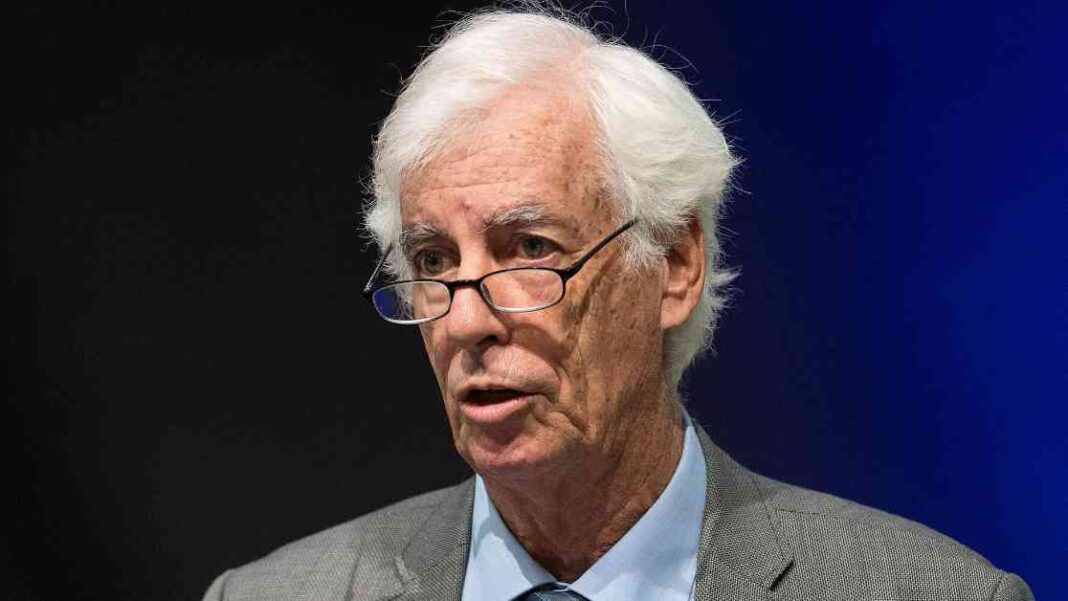Israeli historian Moshe Zimmermann criticized the war policy of the Israeli government following the attack by the militant Islamist Hamas a year ago. Instead of focusing on the liberation of the Israeli hostages in the Gaza Strip, Israel’s leadership prioritized revenge and retaliation against Hamas, Zimmermann said on Deutschlandfunk.
Even though the Israeli government repeatedly claimed to have two objectives, namely a military response to the Hamas attack on October 7, 2023, and the rescue of the hostages, it was clear that one goal came at the expense of the other. Zimmermann emphasized that Israel’s security should have been guaranteed even before the catastrophe of the Hamas attack: „To what extent this military operation against Hamas, against Hezbollah, against Iran advances us is an open question.“
Zimmermann also sees October 7, 2023, as a sign of a crisis of Zionism in Israel. The Hamas attack showed that Zionism had not fulfilled its promise to provide Jews in Israel with more security than in the diaspora, where they are in the minority. „It was a shock. It was a trauma. It was a massacre,“ said Zimmermann.
In the present, Zionism is „a very nationalist, national movement, not a liberal national movement,“ according to Zimmermann. It is geared towards fighting against the Arabs, at least against the Palestinians. However, this is not how Zionism was envisioned in its historical origins, Zimmermann said.
Zionism is a national movement that emerged in the late 19th century with the goal of creating a Jewish nation-state in the historic area of Palestine. The term derives from Zion, one of the hills in ancient Jerusalem that holds central significance in Judaism.
The historian views the current Middle East conflict as a result of radicalization on both sides. After the failure of the Oslo Accords, both „Hamas and other terrorists on the Palestinian side“ as well as „settlers and right-wing Israelis“ contributed to the failure of the peace process.
Regarding discussions on combating anti-Semitism in Germany, Zimmermann criticized the plans for a corresponding resolution by the German Bundestag, which has been controversially debated for almost a year. Zimmermann stated that the proposed definition of anti-Semitism does not consider the differences between anti-Semitic attitudes and statements regarding Israeli politics.
This news was broadcast on Deutschlandfunk on October 6, 2024.















